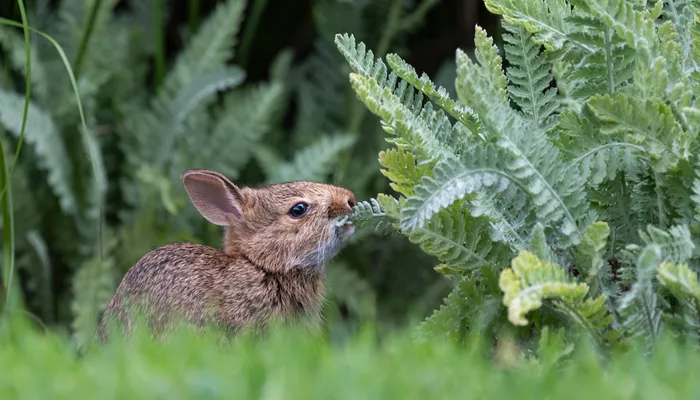Study Reveals Plants Can “Hear” Eating Sounds.
Many people have heard the idea that playing classical music can help plants grow better. While this claim has not been proven, a recent study from the University of Missouri suggests that plants can “hear” and respond to certain sounds.
Researchers found that plants can detect the noises made when they are being eaten and react accordingly. This discovery might seem surprising, but the evidence supports it.
To conduct the study, scientists used a small piece of reflective tape placed on a leaf. Specialized lasers measured the leaf’s movements as a caterpillar fed on it. After recording these sounds for several hours, the researchers conducted an experiment with two Arabidopsis plants. One plant was in a quiet room, while the other was exposed to sounds recreated using specialized speakers that mimicked the noise of the leaf being eaten.
Rex Cocroft, one of the study’s authors, explained the experiment: “It’s a delicate process to vibrate leaves like a caterpillar does while feeding, because the leaf surface only vibrates up and down by about 1/10,000 of an inch. We can attach an actuator to the leaf with wax and precisely play back a segment of caterpillar feeding to recreate a typical 2-hour feeding session.”
After playing the sounds, researchers analyzed the leaves from both plants for key chemical compounds. Co-author Heidi Appel explained, “We looked at glucosinolates, which make mustards spicy and have anticancer properties, and anthocyanins, which give red wine its color and provide some health benefits in chocolate. When these levels are higher, insects tend to walk away or avoid feeding.”
This significant finding shows that plants can detect certain types of sound or vibrations and respond to them. Interestingly, the study also found that when other sounds, like wind or non-eating insects, were played, the levels of defensive chemicals in the leaves did not increase.
Appel highlighted the broader implications of this research: “This study opens the window of plant behavior a little wider, showing that plants have many of the same responses to outside influences that animals do, even if their responses look different.”
Although the study indicates that plants may have the ability to “hear,” the exact mechanism behind this detection remains unclear and will be the focus of future research. This suggests that the lives of plants are more complex than previously understood.
For those interested in scientific discoveries, a second giant hole has opened on the sun’s surface, and its implications are worth exploring.


